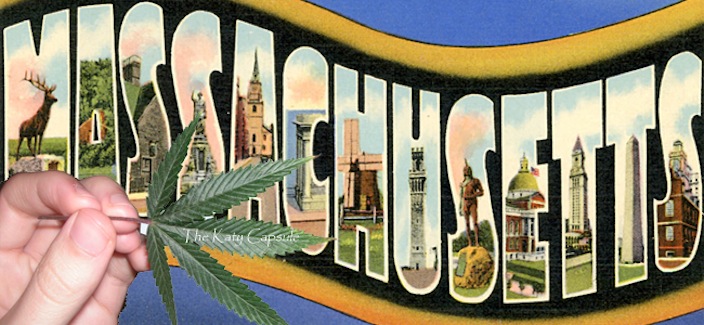Perspectives from Boston residents and implications for the East Coast
Last week, Massachusetts experienced history in the making when doors to recreational cannabis dispensaries opened across the state. Although Massachusetts residents had to wait quite a while to purchase recreational cannabis, they have enjoyed relaxed policies for some time. In 2008, recreational cannabis possession (in small amounts) was decriminalized, and in 2012, medical cannabis was legalized.
Nonetheless, full legalization is a very different story.While cannabis was fully legalized back in 2016, numerous delays prevented the approval of dispensary licenses until just now. All eyes are on Massachusetts, as the first state on the East Coast to fully legalize cannabis use. Their policies, regulation, and management may in fact be modeled by other states in the region considering making the move into the recreational market. Nearby New York and New Jersey are both edging closer to passing legalization measures in 2019, which would represent a seismic shift from the dominant West Coast market.
While many residents of Massachusetts, especially in Boston—the booming college town with a high prevalence of young professionals—view the policy change favorably, not everyone feels this way. “If you drive around MA, you’ll see a lot of signs reacting to the potential of dispensaries opening. Many people seem to have a ‘NIMBY’ approach, and some towns have already banned cannabis sales,” said J.S., a Boston resident told us in a personal interview.
Another Bostonian, D.S., who felt generally positive about legalization, expressed some apprehension, “I’m concerned about abuse with increased access leading to an increase in heavy users and negative impacts for those users.”
Despite these concerns, there is one clear benefits from legalization that nearly everyone can agree on—increased tax revenue for the state. “I think it’s good policy to have ‘vice’ taxes to reduce usage and help treat or combat negative externalities that come from use,” said D.S. Additionally, expunging convictions of past charges for cannabis possession will make a huge difference in the lives of residents who were convicted of said crimes pre-legalization.
A.F., a Rhode Island resident who works in Boston told us, “I’d definitely pay the extra taxes imposed on cannabis by the state and buy legal [cannabis] in the hope I consume cannabis that is safer since the industry would be regulated.”
With early sales booming, most Massachusetts residents can rest assured that, regardless of their outlook on the new policy, legalization will likely continue to bring in more revenue.









